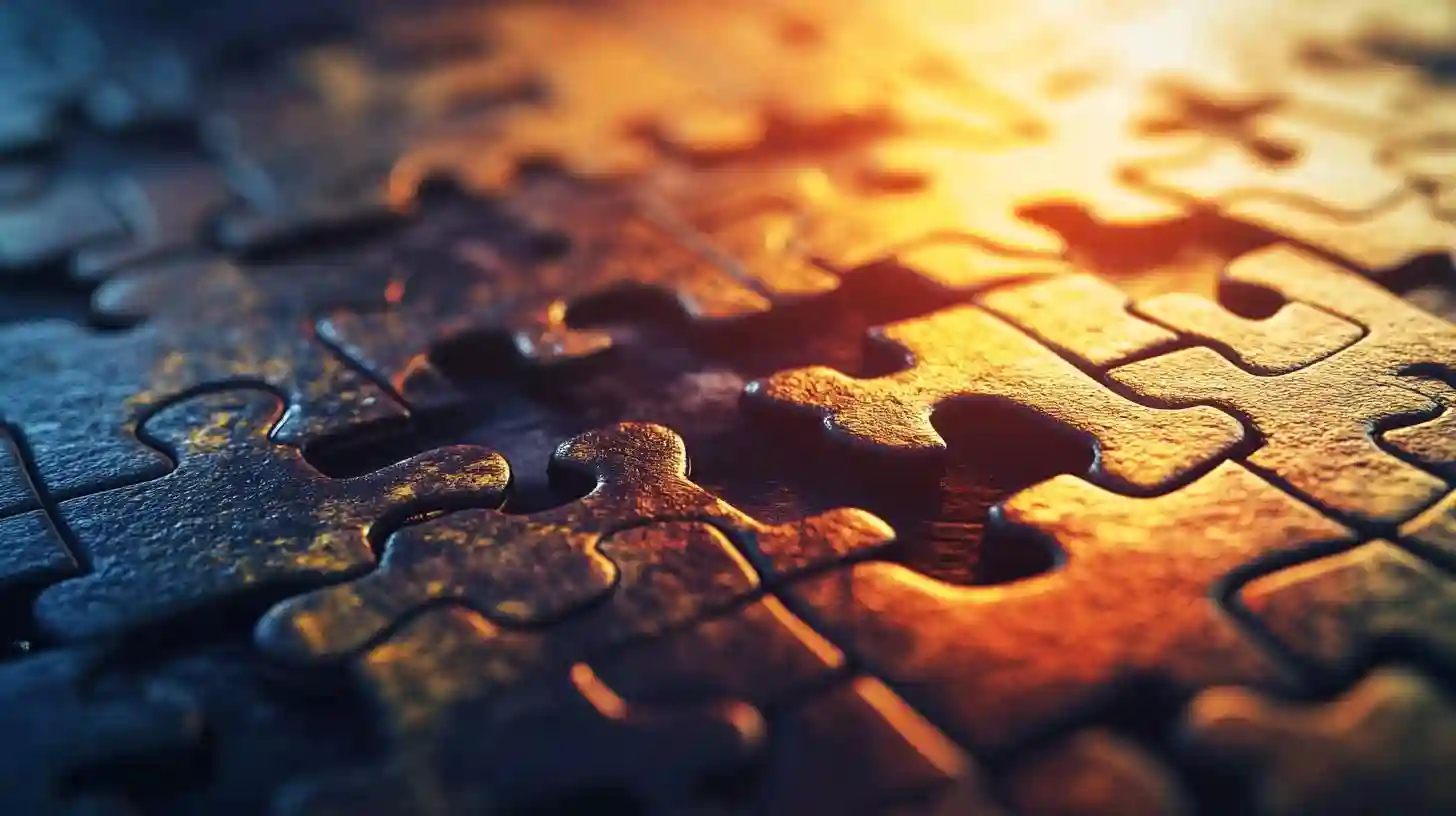
Puzzles have captivated human beings for centuries, drawing individuals from different backgrounds and ages into a world of challenge and delight. The simple act of fitting together pieces, deciphering codes, or solving riddles resonates deeply with many, igniting a spark of joy that is difficult to ignore. This joy is multifaceted, offering psychological, social, and even emotional rewards. Understanding why people find such pleasure in solving puzzles provides valuable insights into human nature and our intrinsic motivations.
At the heart of puzzle-solving is the thrill of the challenge. Engaging in a puzzle requires concentration and focus, which can transport individuals into a state of flow—a psychological condition characterized by complete immersion in an activity. This state not only fosters a sense of accomplishment but also provides a mental refuge from external stressors. When people immerse themselves in a puzzle, they often experience a break from reality, allowing them to navigate the intricate layers of a puzzle without distraction. This escape can be incredibly gratifying, as it offers a momentary reprieve from daily life.
The satisfaction derived from completing a puzzle cannot be understated. The moment a piece clicks into place or the final word of a crossword is filled in brings about a rush of endorphins, creating a reward that reinforces continued engagement. This process of problem-solving cultivates a sense of mastery, which contributes to an individual's overall sense of competence. It is this mastery that many people seek, as it builds self-esteem and fosters resilience. The process of laboring through challenges and ultimately achieving a solution can instill a sense of pride and accomplishment that reverberates in other areas of life.
Another significant aspect of puzzle enjoyment stems from the social connections it can foster. Many people engage with puzzles in groups, whether it’s through board games or collaborative escape rooms. These communal activities promote teamwork and communication, providing opportunities for individuals to bond over shared experiences. The laughter and discussions that accompany puzzle-solving create lasting memories and nurture relationships. Additionally, social puzzles, such as trivia games or group crossword challenges, encourage camaraderie and competition at the same time, striking a balance between collaborative enjoyment and friendly rivalry.
Cognitive engagement is also a pivotal factor in why puzzles bring joy to many. Solving puzzles stimulates various parts of the brain, often enhancing cognitive functions like memory, problem-solving skills, and critical thinking. Expert opinions suggest that the mental workout provided by puzzles can help ward off cognitive decline as individuals age. Engaging regularly with puzzles can keep the mind sharp, which translates to increased confidence in one’s intellectual abilities. This aspect of puzzle-solving brings satisfaction, as individuals recognize that they are actively contributing to their cognitive health while enjoying themselves.
Puzzles also serve as a form of self-expression and creativity. Many puzzles, particularly those like jigsaw puzzles or pattern-based challenges, allow individuals to connect with their artistic side. The act of piecing together a stunning image or discovering a new pattern can be fulfilling. This creativity is not limited to visual puzzles; even crosswords and logic puzzles require creative thinking and lateral problem-solving. Puzzles encourage individuals to think outside the box, facilitating innovative thinking that can transfer into other domains of life, such as professional or artistic pursuits.
Moreover, puzzles can provide a sense of nostalgia and continuity. For many, solving puzzles takes them back to simpler times, perhaps connecting them to childhood memories spent around the table with family members, collaborating on a jigsaw puzzle or tackling a crossword together. This emotional connection can evoke feelings of joy and comfort, bringing warmth to individuals as they engage with puzzles. Such experiences often reinforce the importance of family and community, making the act of solving puzzles a cherished part of personal history.
The allure of puzzles may also stem from their inherent unpredictability. Every puzzle presents a unique challenge, allowing individuals to embrace uncertainty and ambiguity. This unpredictability stimulates curiosity and encourages exploration. As users navigate this unknown territory, they develop patience and tenacity, qualities that can greatly enhance their personality and approach to life’s challenges.
Overall, the joy that people derive from solving puzzles is rooted in a complex interplay of psychological, emotional, and social factors. The sense of accomplishment, opportunities for creativity, enhanced cognitive functions, and the potential for social bonds all contribute to the appeal of puzzle-solving. Understanding these aspects deepens our appreciation for why puzzles have endured as a favored pastime across generations, drawing individuals into their intricate web of challenge and delight.